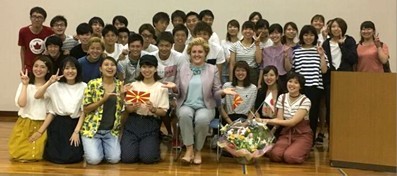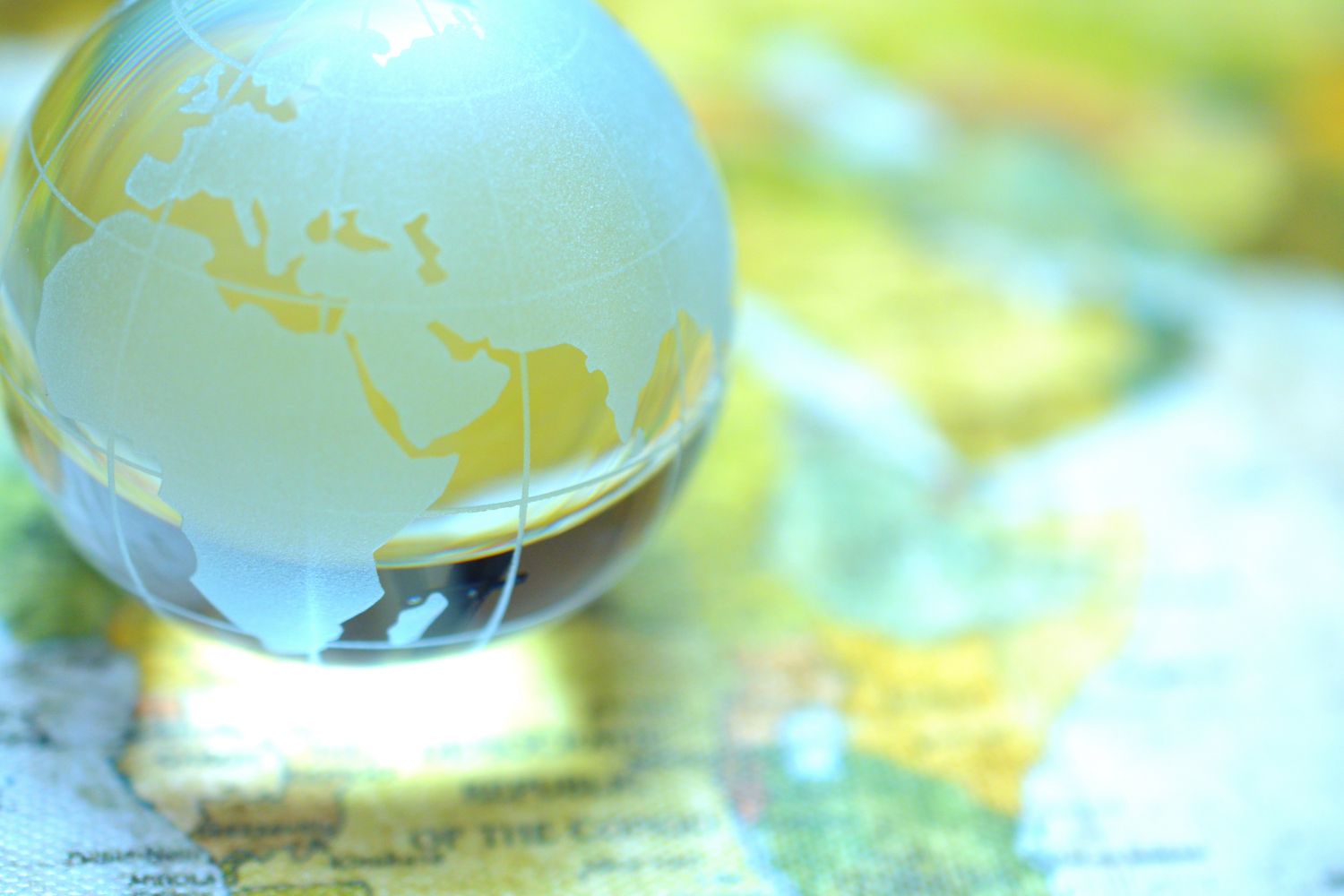
Internationalization Efforts
International Medical Center Nagasaki University Hospital
The International Medical Center at Nagasaki University Hospital was established in 2011, and it is home to the Infection Control and Education Center, the Department of Infectious Diseases (Clinical Department of the Institute of Tropical Medicine), the Emergency Medical Center, and the International Hibakusha Medical Center.
Specifically, the Center engages in a wide range of activities including the following:
(1) Inbound services (treatment of foreign patients, especially advanced medical treatment, radiation exposure treatment, infectious diseases, etc.);
(2) Outbound services (export of the hospital’s medical technology overseas);
(3) International medical cooperation;
(4) Hosting of training and education programs for medical personnel from overseas;
(5) Education of medical students from universities with which Nagasaki University has concluded agreements.
The Center actively engages in international exchange, and in recent years, the Department of Infectious Diseases has provided medical education, guidance and training to doctors from the U.K., India, the Philippines, and Brazil.
Meanwhile, the Infection Control and Education Center has provided guidance to JICA program participants from Afghanistan, India, Congo, and Nigeria.
The Center also implements a project with the WHO to improve the quality of medical care for hospitals in Liberia, and long-term collaboration is ongoing.
The Emergency Medical Center provides clinical training to medical personnel from China while the International Hibakusha Medical Center provides the same training to medical personnel from Brazil.
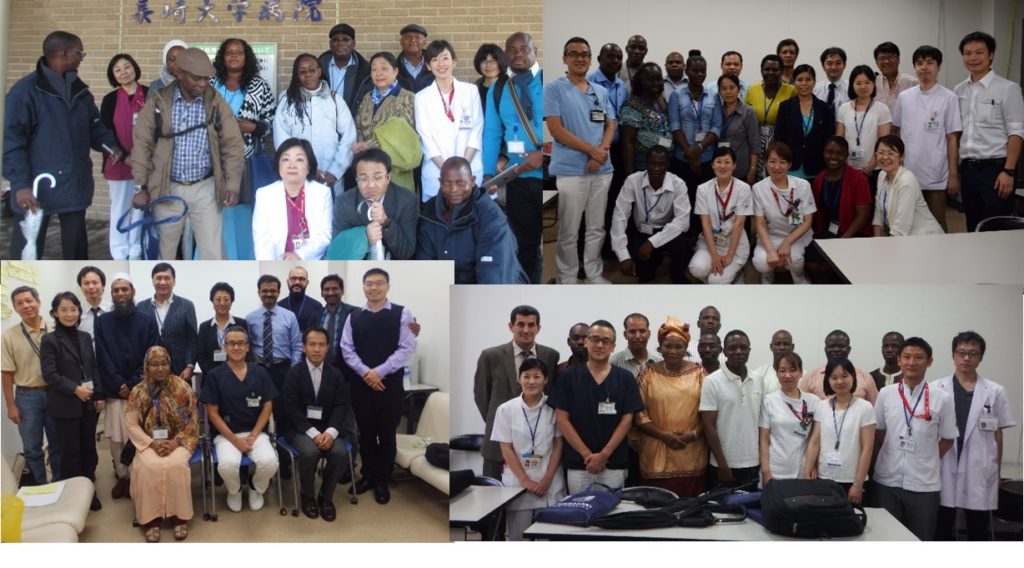
Center for Peace and Multicultural Coexistence Faculty of Education
The Center for Peace and Multicultural Coexistence, an affiliated center of the Nagasaki University Faculty of Education, offers classes on peace and multicultural coexistence as well as a program called I-STEP, in which our students interact with university students from China and Korea and observe classes at local elementary and junior high schools, all in an effort to train teachers who can teach and communicate about peace and multicultural coexistence.
Since FY 2018, we have partnered with DePaul University (Chicago), one of the six universities in the United States selected by the American Council on Education for the COIL project, which is a joint project-based class connecting universities in Japan and the U.S. online.
Project-based classes include “Ethical Controversies of the Atomic Bomb across Multiple Cultures” and “Literature and Translation Studies.” In addition to face-to-face classes held online, the faculty members and students also interact directly and engage in joint research.
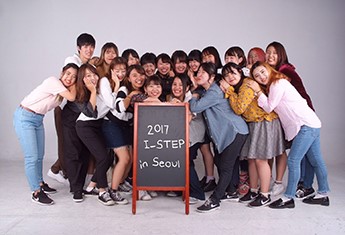
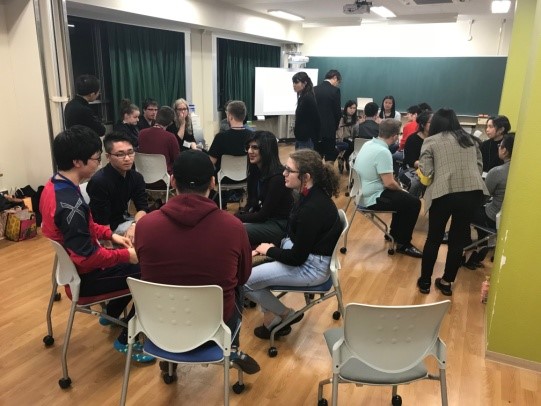
Institute of Tropical Medicine
The Institute of Tropical Medicine, established in 1942, is the only public institution in Japan dedicated to the study of tropical medicine, and it is currently undertaking activities related to tropical medicine in Asia, Africa, and Latin America.
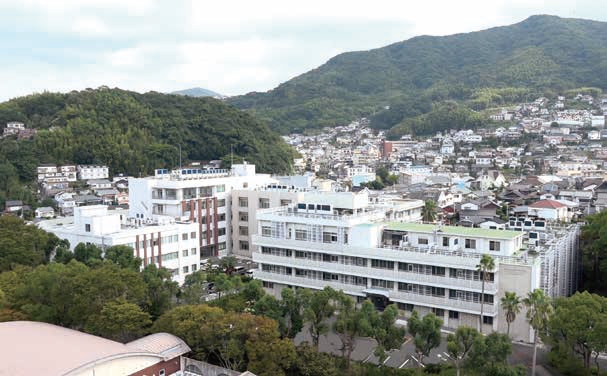
SDGs Research Center, School of Tropical Medicine and Global Health
In April 2018, the School of Tropical Medicine and Global Health opened the SDGs Research Center at Nagasaki University’s Tokyo Satellite Office. The Center aims to find realistic solutions to SDG-related issues while comparing and contrasting the different situations in various countries and regions.
In FY2018, the Center’s activities included a symposium held to commemorate its opening and the monthly “Understanding the SDGs Workshop” series (total 10 sessions). A different topic was selected for each session, and two to three guest speakers were invited to give practical talks. Topics were selected from among the 17 goals of the SDGs to ensure that they would be widely applicable to people working on health and medical projects in Africa as well as people involved in business, education, institutions, and civic activities. In March 2019, we co-hosted a symposium called “Let’s Talk about the SDGs” with the Liberal Democratic Party’s SDGs Diplomacy Caucus, which was held in a conference room at the National Diet Building. About 1,000 people participated across all 11 sessions, and through a passionate exchange of opinions and questions, discussions were held with the aim of achieving the SDGs.
In FY2019, we will offer the “Better Understanding the SDGs Workshop” series (8 sessions) as the successor to the aforementioned lecture series. The new series will focus on global health within the framework of the SDGs, and it will address health and medical issues common to Japan and developing countries. Ultimately, we plan to publish a book that will serve as a supplementary reader for thinking about the SDGs and global health. The book is targeted at university and graduate students, but we hope to make it simple and easy to understand so that it can also be read by the general public.
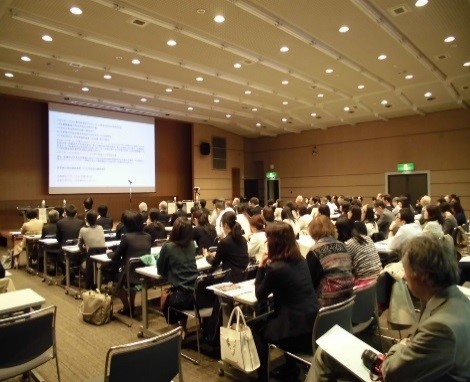
Faculty of Economics Graduate School of Economics
The Faculty of Economics offers the International Business Program as a distinctive program focused on international affairs.
This program, which aims to produce global leaders who can use their expertise to find solutions to problems, is composed of lectures by experts in international dispute resolution, major courses in economics and business administration taught in English, study abroad, and thesis writing in English.
The Graduate School of Economics offers a master’s program and a doctoral program, both of which feature education for working adults.
Furthermore, it has a double degree program that accepts research students from overseas.
Other international initiatives include the International Conference on Asian Financial Markets for researchers and short-term overseas training programs for students.
Recently, with the help of a grant from the European Union, we have been conducting training programs for administrative staff and faculty members of universities in the EU, and we also dispatch administrative staff and faculty members from the Faculty of Economics to the EU.
In addition, we are working on the internationalization of our campus by way of offering special lectures by foreign researchers and actively accepting international students.
